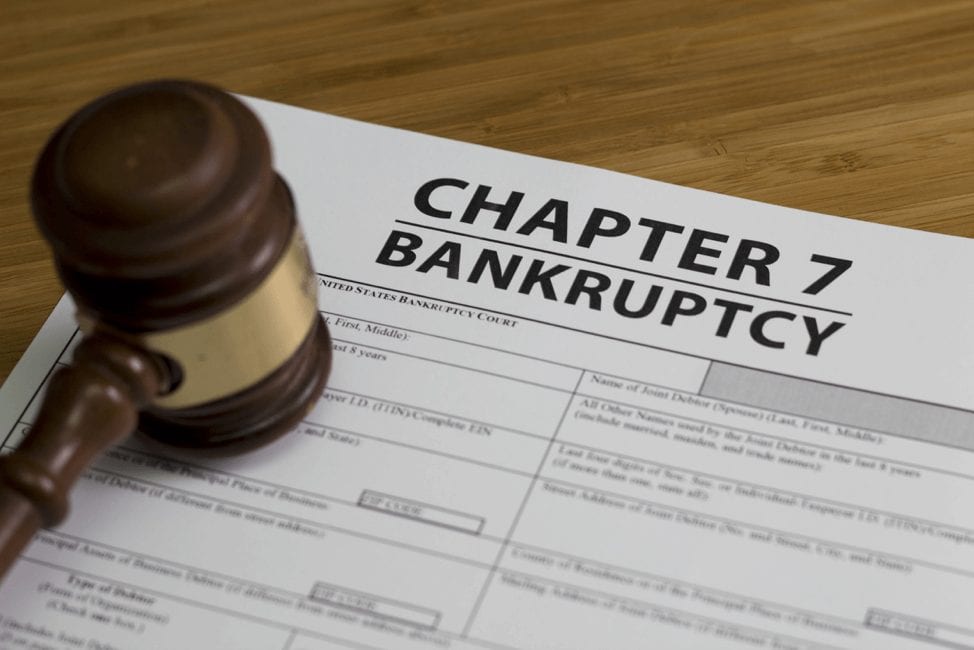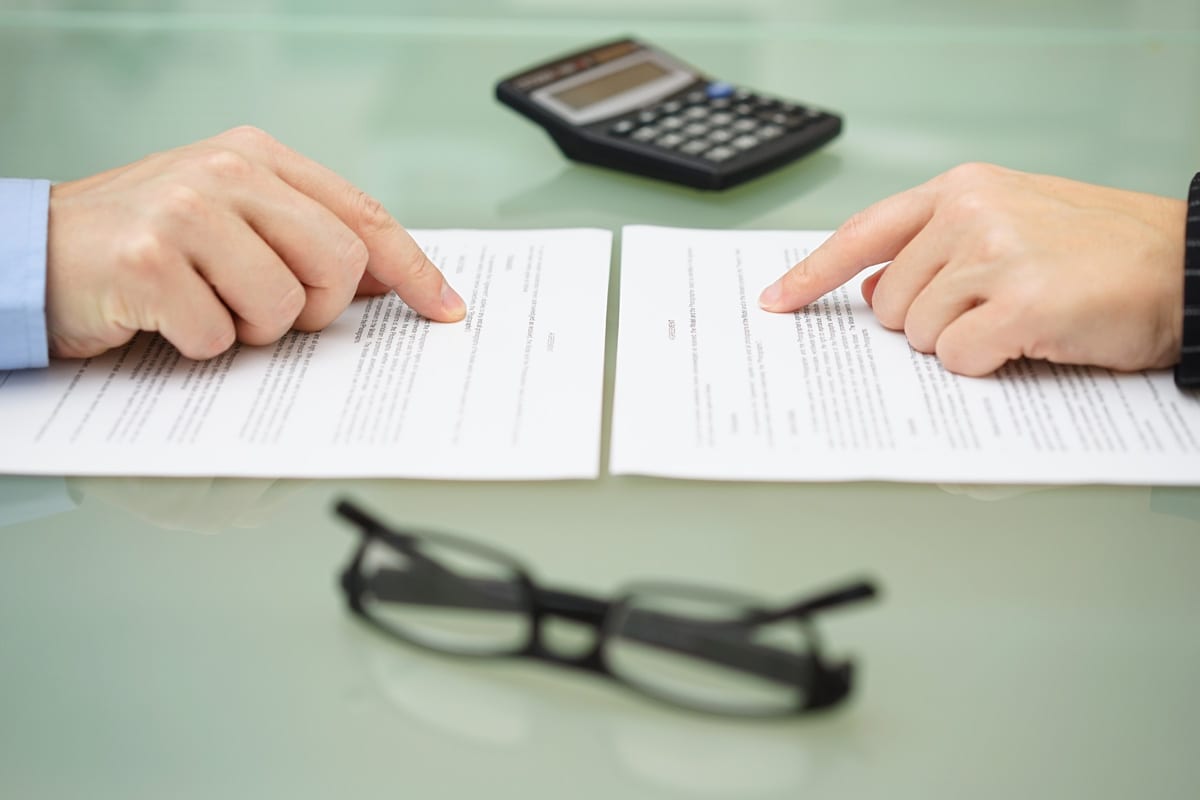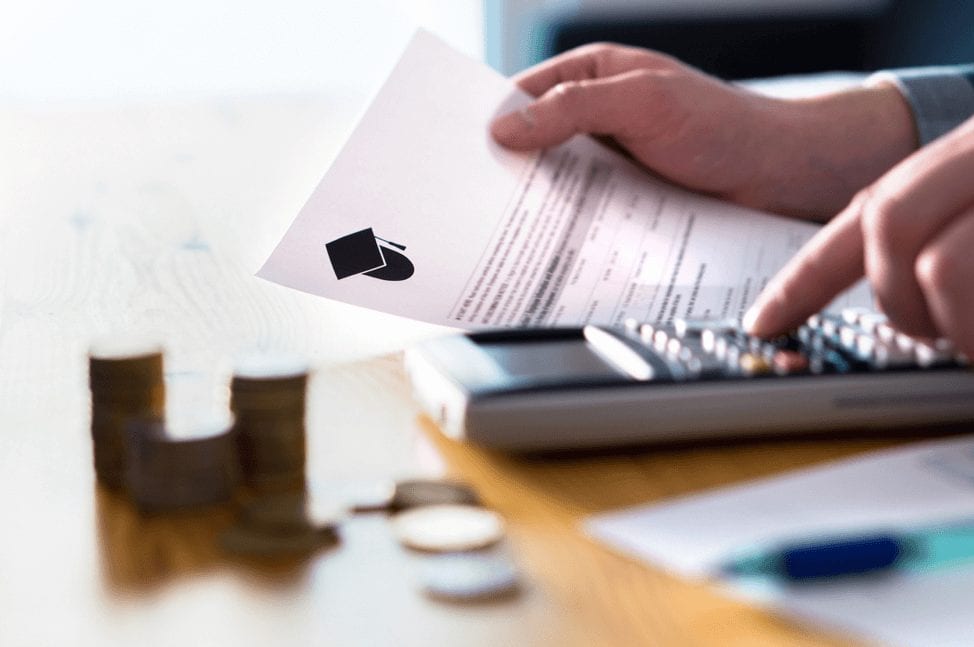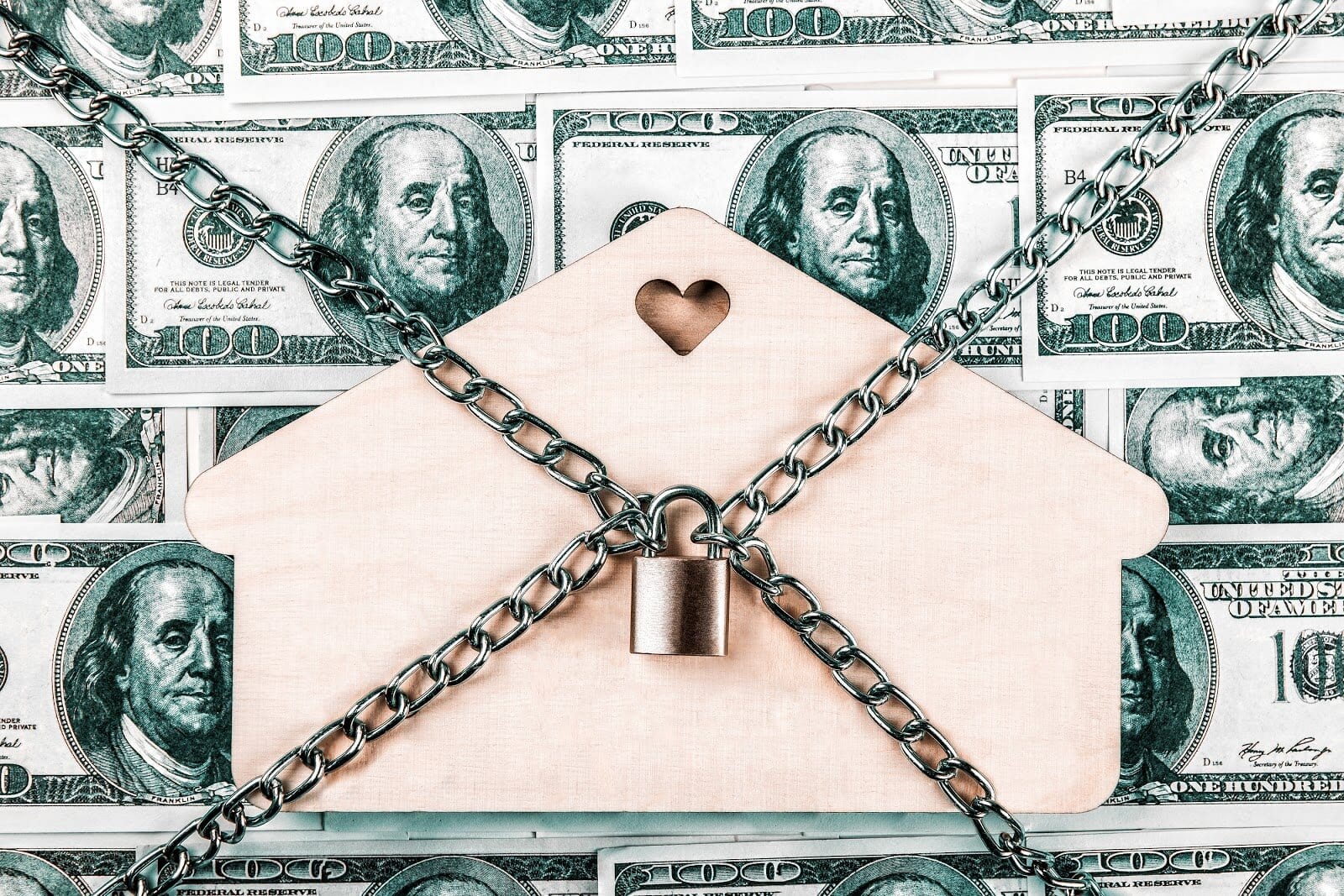If you earn a good living but still find yourself in debt, filing for Chapter 13 bankruptcy may be the option for you. Also known as the wage earner’s plan, Chapter 13 offers debt consolidation or reorganization for homeowners who earn a steady income but face a large debt burden.
TRUSTED ORANGE COUNTY BANKRUPTCY ATTORNEYS
Chapter 13 bankruptcy is suited for people trying to avoid foreclosure or who have multiple properties. It’s also a good option for those who don’t want to simply walk away from their obligations. If you have a full-time job, own your home or other assets, or are upside down on a second mortgage, Chapter 13 bankruptcy may be a good opportunity to regain control of your finances.
Take advantage of the experience afforded by OakTree Law to file for bankruptcy on your behalf and protect your legal rights as a consumer. Our firm is rated A+ by the Better Business Bureau—meaning you can trust we will always work with your best interests in mind. Speak with our Los Angeles Chapter 13 bankruptcy lawyers right away for counsel.
What Is CHAPTER 13 BANKRUPTCY?
Chapter 7 bankruptcy completely forgives debts for those unable to repay them. However, Chapter 13 bankruptcy protection is only available to individuals who qualify based on regular earnings and their ability to repay debts over time. By reorganizing your debt into a practical repayment plan, all collection efforts against you will halt and all property will be secured as long as you continue to make the required payments.
There are many benefits to filing for Chapter 13 bankruptcy protection, including:
- All foreclosure procedures will stop immediately
- An automatic stay will be issued, immediately stopping all collection efforts against you
- Any co-signers will also be shielded, and collections efforts against them on any co-signed loans will cease
- Your possessions and property will be protected from a forced sale, whether they are considered exempt or non-exempt
- You will have additional time to develop a manageable payment schedule
- Once the bankruptcy process has been completed, significant debt may be discharged or eliminated
If you qualify, filing for Chapter 13 bankruptcy results in a consolidation of your debts and the development of a payment plan to pay off that debt over 3 to 5 years. The length of the repayment plan is based on your current monthly income. The plan is developed with input from your creditors, who may object to a proposed plan before it is approved. Once the plan is approved, both you and your creditors are required to abide by the plan.
TRUST OAKTREE LAW TO PUT YOUR NEEDS FIRST
Any bankruptcy has consequences, and living on a fixed income can be challenging. But if you simply need time, can make current mortgage payments, and stick to your repayment plan, all of your property can remain in your family’s possession.
Our Los Angeles bankruptcy attorneys are prepared to work on your behalf to secure your financial future. Speak with our firm to learn more about your rights and how we can protect them.
Call (888) 301-9643 to set up your free consultation, or contact us to discuss your needs.
SEASONED CHAPTER 13 LAWYER IN LOS ANGELES TO ANSWER YOUR QUESTIONS
HOW DOES CHAPTER 13 BANKRUPTCY WORK?
A Chapter 13 bankruptcy is also called a debt reorganization bankruptcy or a wage earner’s plan. It enables individuals or married couples with regular income to develop a plan to repay all or part of their debts. Under this Chapter, you, as the debtor, will propose a repayment plan to make installment payments to your creditors over three to five years.
A Trustee will be assigned to oversee the case. Any payments you make under the payment plan will be made to the assigned Trustee. The Trustee will then distribute the funds to your creditors according to the plan.
Under certain circumstances, you may not have to pay the full amount of certain debts such as medical bills, credit cards, past due utility bills, and judgments. The minimum amount your creditors are entitled to depends on a review of the type of claim the creditor has, the value of your property, and other factors, including the property exemptions allowed by law.
WHO IS ELIGIBLE TO FILE FOR CHAPTER 13?
To file for Chapter 13 bankruptcy, you must:
- Complete the credit counseling class before filing.
- Have sufficient regular income to meet monthly living expenses.
- Have less than $1,081,400 in secured debt (debt that is tied to assets or property as collateral) and $360,475 in unsecured debt (debt not tied to any collateral).
- Not be a corporation, partnership, stockbroker, or commodity broker.
- Not have received a discharge in Chapter 7, 11, or 12 in the past four years, or another Chapter 13 in the past two years.
IS CHAPTER 13 BANKRUPTCY BETTER THAN CHAPTER 7?
Chapter 13 bankruptcy is better for people whose debts can’t be discharged through Chapter 7. It enables you to create a repayment plan for income tax debt, domestic support obligations, student loans, and other qualifying debts. Chapter 13 filers aren’t subject to the income limits of Chapter 7 (which is more suited for low-income earners). Individuals and sole proprietors can file for Chapter 13 bankruptcy.
HOW DOES A CHAPTER 13 REORGANIZATION WORK?
A “Means Test” is performed to determine whether you qualify for a Chapter 13 bankruptcy. This test compares your current household income to the average income in California. It then deducts your expenses from your income to determine whether you have sufficient disposable income to repay your debts under a repayment plan.
If you qualify, the plan must meet two other tests:
- Best interest of creditors test: The plan must give unsecured creditors at least as much on their claim as they would have received if you filed Chapter 7; and
- Best efforts test: All of your projected disposable income (the amount left after payment of allowed expenses) must be paid into the plan for the “applicable commitment period” which could be 3 to 5 years (or maybe more).
WHAT IS THE DOWNSIDE TO CHAPTER 13 BANKRUPTCY?
Filing for bankruptcy can have a negative impact on your credit. Chapter 13 bankruptcy can appear on your credit report for up to 10 years. You also won’t qualify to file for Chapter 7 bankruptcy for six years.
WHEN DO I START TO MAKE PAYMENTS, AND HOW OFTEN THROUGH THE PLAN?
You will need to make your first payment within 30 days of filing for the plan, and after that, payments much be made every month. Payments begin before the first meeting of creditors, called a §341 meeting, and continue even while objections to confirmation of your plan are pending. Payments must be made in certified funds, such as money orders or cashier’s checks, or by voluntary wage deduction. If you stop making Chapter 13 bankruptcy payments, the Trustee will ask that your case be dismissed.
HOW MUCH DO YOU REPAY IN CHAPTER 13 BANKRUPTCY?
Taxes, alimony, child support, court costs, and attorneys’ fees must be repaid in full. For most claims, credit cards, medical bills, and other unsecured debts do not have to be repaid in full. They may be fully discharged. It depends on what the creditors would be entitled to under Chapter 7. That is, unless the unsecured creditor objects to the plan, in which case the debtor must pass a disposable income test. The court will determine whether the debtor has enough disposable income left after paying bills and necessities; bankruptcy filers often don’t, so unsecured debts are often discharged in Chapter 13 cases.
HOW ARE DEBTS DISCHARGED IN CHAPTER 13?
In Chapter 13 bankruptcy, the discharge is not entered until all your plan payments are made and all of the terms of the plan have been completed. If applicable, the debtor must certify they settled all domestic support obligations and have not received a discharge in a Chapter 13 case in the two years prior (or four years in a prior Chapter 7, 11, or 12 cases). The debtor must also complete an approved financial management course.
CAN CHAPTER 13 BANKRUPTCY ELIMINATE A SECOND MORTGAGE OR HOME EQUITY LINE OF CREDIT?
If you have a home with a second mortgage or home equity line of credit (HELOC), and the fair market value of the home is less than the first mortgage, you may be able to “strip” off or eliminate that second mortgage or HELOC. This is because that second loan is no longer secured by collateral (the home) because the value of the home is less than the first mortgage.
The first mortgage has a senior lien and priority over the second mortgage and HELOC (these have only a junior lien). Chapter 13 bankruptcy may permit you to strip the HELOC and re-categorize it as unsecured debt. After the completion of the Chapter 13 repayment plan, the HELOC or second mortgage will be discharged along with your other unsecured debt.
WILL I LOSE MY HOME IF I FILE CHAPTER 13?
Not if your Chapter 13 plan includes mortgage payments and any back payments. The lawyers at OakTree Law can help you determine whether you can organize your payments to include your house, but many people file for Chapter 13 bankruptcy to keep their homes. We can also work with you to devise a strategy, including Chapter 13 bankruptcy and loan modification, so you don’t lose your home.
WHAT HAPPENS IF I LOSE MY JOB OR CANNOT MAKE MY PAYMENTS DURING THE PLAN?
There are times you may be unable to meet monthly plan payments. If this is due to serious, short-term changes in your income or some unusual but necessary expense, a moratorium can be filed with the court and served on creditors. It essentially requests these payments be suspended for a time.
HOW MUCH ARE CHAPTER 13 BANKRUPTCY MONTHLY PAYMENTS?
The monthly amounts required by your Chapter 13 repayment plan vary depending on your income and how much you owe. For the most basic repayment obligations, you may pay as little as $200 or $300 per month. But a high-income filer with a lot of debt may pay as much as $2,000 to $3,000 per month.
HOW MANY CHAPTER 13 MISSED PAYMENTS AM I ALLOWED?
There is little leniency in missing Chapter 13 payments. If you’re more than one month behind on payments, your trustee may file a “Motion to Dismiss for Material Default”. Your case will be dismissed if the court grants the order.
CAN I GET A CREDIT CARD AFTER CHAPTER 13 BANKRUPTCY?
Yes. But you will be required to obtain court approval to do so. The credit you wish to obtain must be for a just cause, affordable, and reasonable given your current financial situation. You can even get a vehicle loan or mortgage after filing for Chapter 13 bankruptcy if the court approves of it.
HOW DO I REBUILD CREDIT AFTER A CHAPTER 13 BANKRUPTCY DISCHARGE?
It may be a few years before you’re eligible to apply for certain types of loans. But filing Chapter 13 bankruptcy will not destroy your ability to obtain new credit for the rest of your life. Sometimes a Chapter 13 bankruptcy will help your creditworthiness by improving your debt-to-income ratio. It’s improved by eliminating debts that make you a higher risk to creditors in your current pre-bankruptcy financial state.
Speak to an OakTree Law Chapter 13 Bankruptcy Attorney
Let an experienced OakTree Law Chapter 13 bankruptcy attorney in Orange County guide you through the complexities of the process. They can help lessen the burden of debt and protect everything you’ve worked to achieve. We’ll file your petition, a certificate of credit counseling, a 3-5 year payment plan to creditors, and all other related paperwork.
Contact us or call (800) 535-1627 to speak with the firm and learn more about how Chapter 13 bankruptcy could help your situation.







